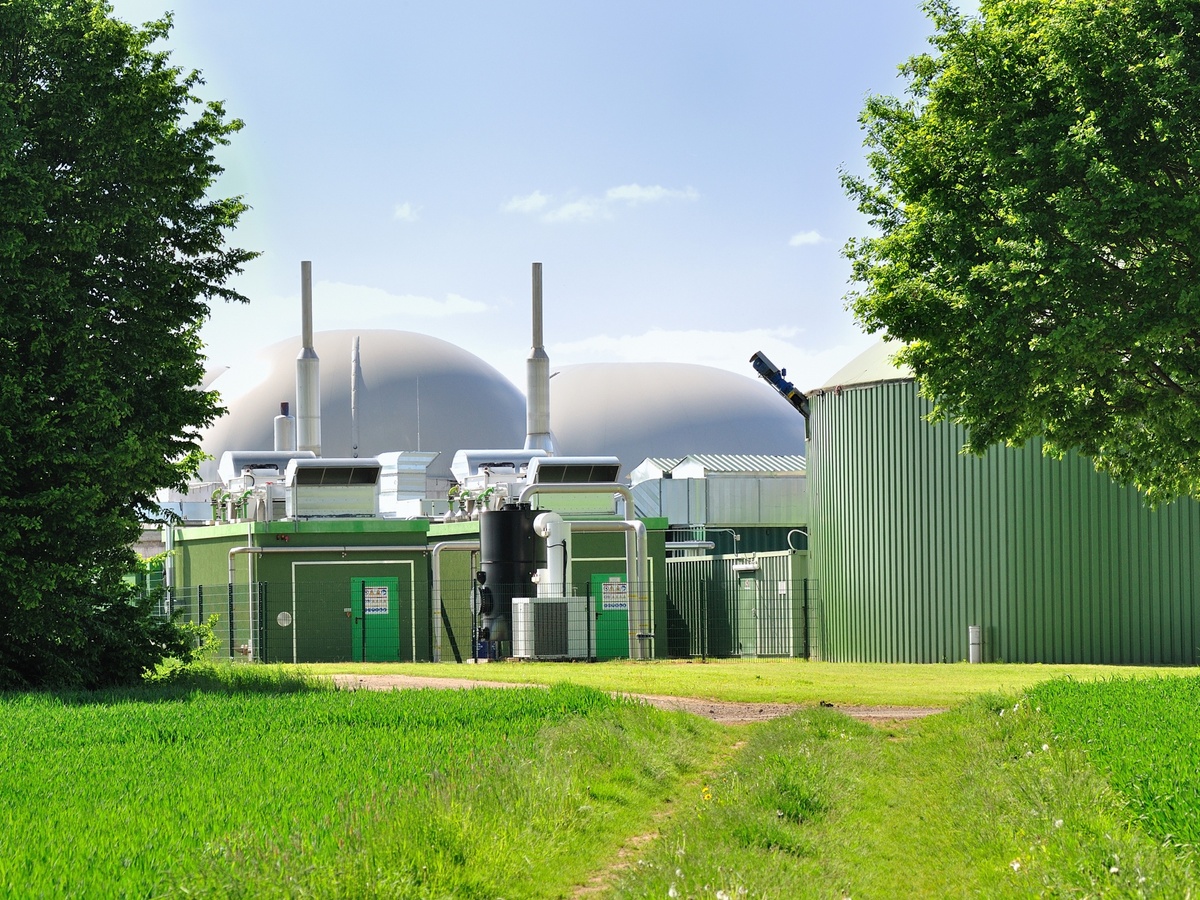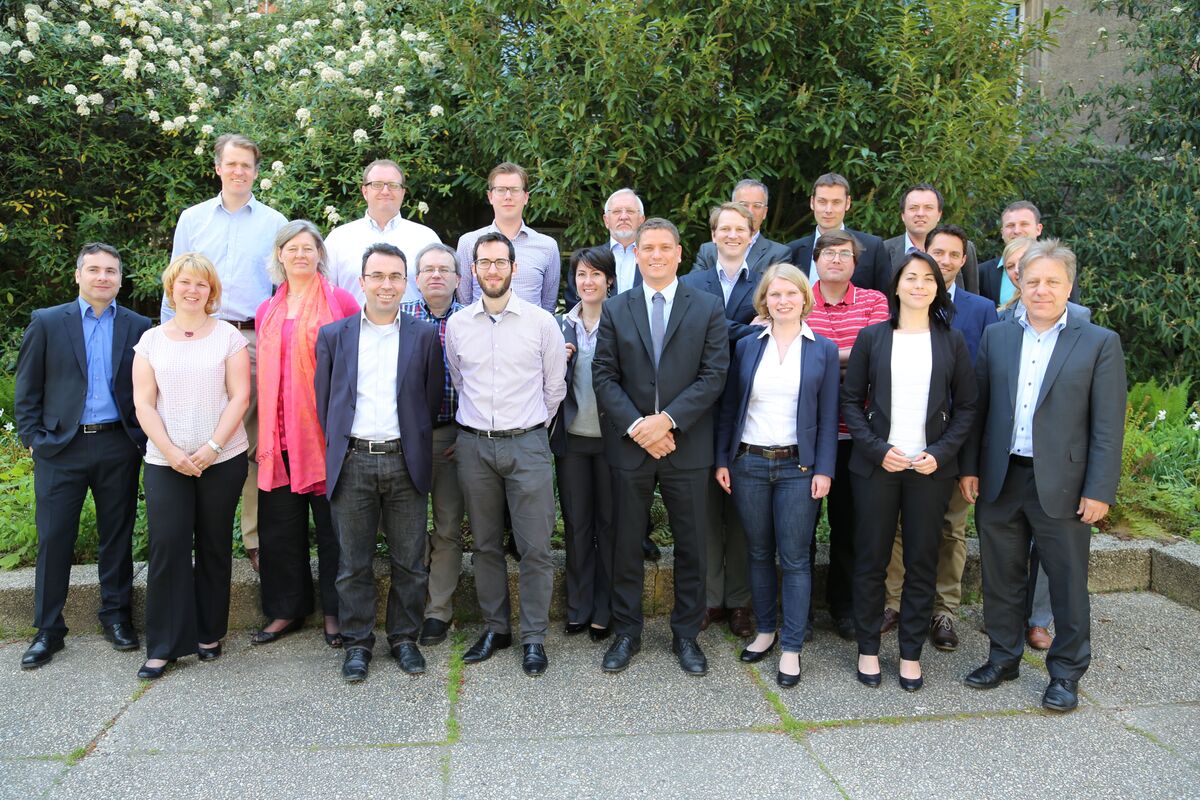New project to assess the EU’s future energy system
The future energy system is challenged by the intermittent nature of renewables like solar power and biomass. Improving existing technologies as well as developing new solutions that can cope with the specific needs for a stable, cost-efficient and sustainable prospective energy supply are of strategic importance for the European Union.
However, the interaction between possible solutions, the optimal portfolio of flexibility options and their impact on environment and society are unknown. It is hence the core objective of the new REFLEX project to analyze and evaluate the development towards a low-carbon energy system by using those flexibility options. The scientists focus thereby lies on supporting the Strategic Energy Technology Plan (SET) of the European Union which aims to accelerate the development and deployment of low-carbon technologies.
The intended analyses are based on a modelling environment. It considers the full extent to which current and future energy technologies and policies interfere and how they affect the environment and society while looking at flexibility technologies and technological learning of lower CO2 emissions. Endogenizing technological learning through learning curves allows for an enhanced assessment of the evaluation of policy measures impacts on realizable future cost reduction. For this purpose, REFLEX brings together the comprehensive expertise of known European experts from six different countries. Each partner focusses on one of the research fields: techno-economic learning, fundamental energy system modelling or environmental and social life cycle assessment.
The development of a framework methodology for social and environmental impacts of future energy systems will be carried out by ITAS. Another task is the consolidation of the results under the guidance of the societal goal of sustainability. (11.08.2016)
Further links and information:
- Project description at ITAS



